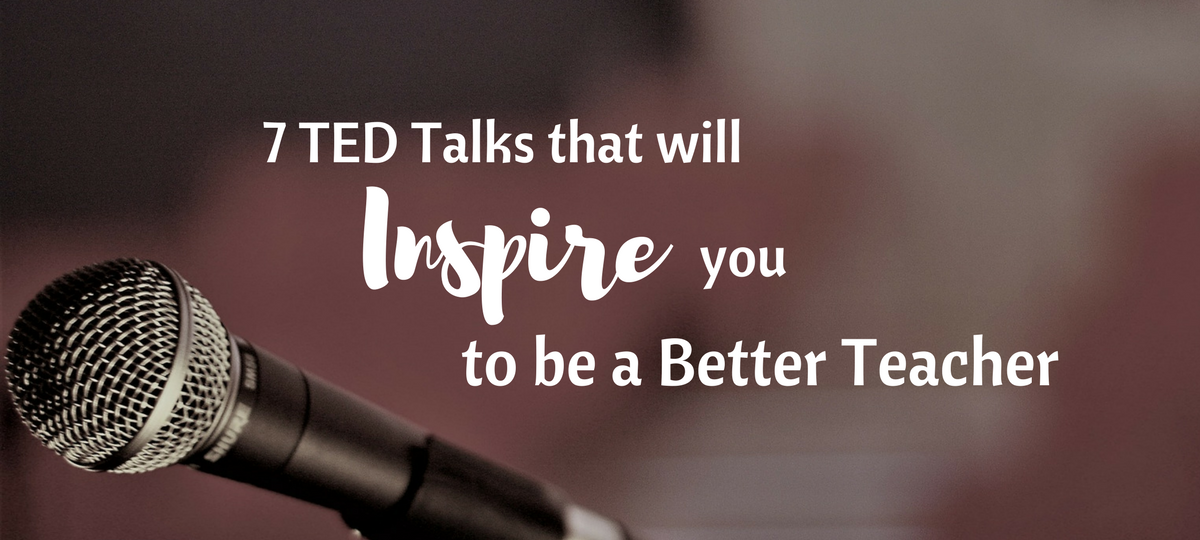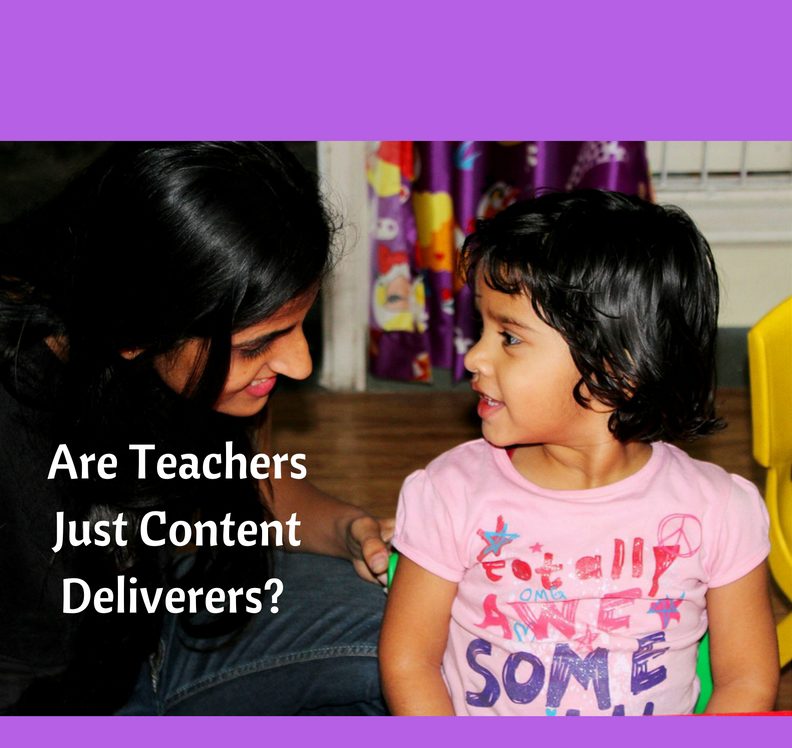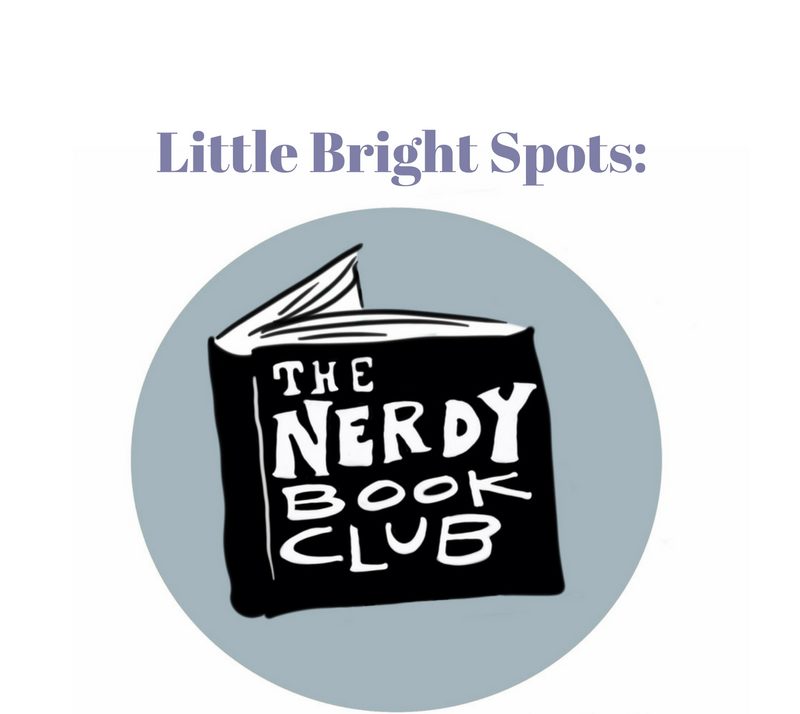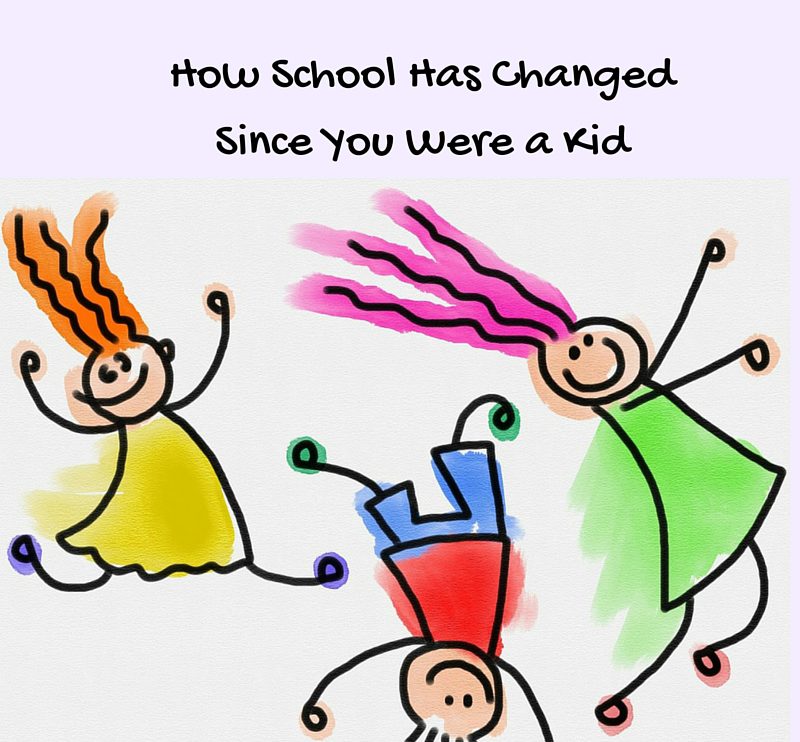 As life-long learners, we love TED Talks and have gathered a collection of some of the best Ted talks for teachers. TED is a non-profit organization dedicated to spreading unique and interesting ideas through short, powerful talks. TED talks use the power of ideas to change attitudes, lives and, ultimately, the world.
As life-long learners, we love TED Talks and have gathered a collection of some of the best Ted talks for teachers. TED is a non-profit organization dedicated to spreading unique and interesting ideas through short, powerful talks. TED talks use the power of ideas to change attitudes, lives and, ultimately, the world.
We love the inspiring power of TED talks. We’ve written about our favorite TED talks for educators in the past, and this week we revisited the TED website to find more talks that speak to us today.
Here are 7 powerful and short TED talks that will inspire you to be a better teacher.
The Power of Believing that You Can Improve: Carol Dweck 10:15
Growth mindset researcher Carol Dweck shares an example from her research of students with fixed mindset vs growth mindset. If you haven’t learned the power of yet- this is for you.
A Short Intro to the Studio School: Geoff Mulgan 6:16
What can we learn from studio schools? More learning by doing? More team work? Smaller schools? Personal coaches for students? We see much potential in this concept to inform our practices. Think about how you can take these ideas and apply them in your classroom. Power Hour? Makers Spaces?
How to learn? From Mistakes: Diana Laufenberg 10:00
We no longer need to come to school to get information, information is available all around us. What we need to do is come to school to learn to do something with that information. Laufenberg discovered that when you ask kids to use their own voice, learning happens. And yes, there will be mistakes along the way.
Why Schools Should Start Later for Teens: Wendy Troxel 10:33
Do you teach teenagers? Despite all the research to the contrary, middle and high schools usually start earlier than primary schools. Where do you come down on school starting times for adolescents? Would your students learn more if their school started later? In this powerful talk, Troxel shares statistics that show that our teens are sleep deprived and at risk for a host of problems that could be eliminated with later school starting times. How can you use this research to impact your teaching?
How to Design a Library That Makes Kids Want to Read by Michael Bierut 12:26
Could your school library use a refresh? This designer discovered something better than his logos when he opened up his ideas to create more inspirational libraries. Skip past the logos into the second half where you will see some fun and inspiring library updates. The last minute of the video is the best! We knew we loved librarians, and this librarian reminds us what is important.
A Summer School Kids Actually Want to Attend: Karim Abouelnaga 7:04
Abouelnaga made it out of one of the worst schools in the country to attend an Ivy league university. Now he is dedicated to redesigning summer school programs to eliminate the summer slide and help students gain skills during the summer. How do middle class students and students in poverty experience expectations differently? Check it out.
3 Rules to Spark Learning: Ramsey Musallam 7:05
This high school chemistry teacher wants us to increase learning by cultivating curiosity. How can we use the ideas present in a questioning four-year-old to stop “pseudo-learning” and engage students in real learning?
Do you like TED talks? Which ones are your favorites?
Happy watching,





